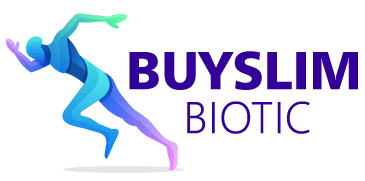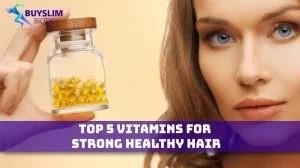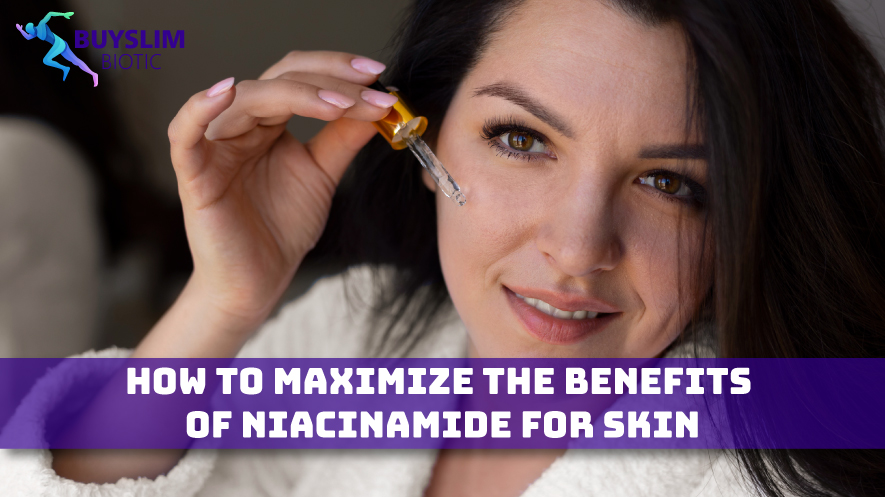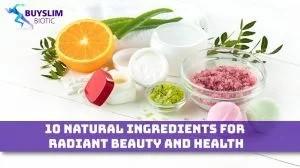Unlock the secret to luscious locks with our guide on Vitamins for Strong Healthy Hair. Learn which nutrients are essential for hair vitality and growth, and discover the best foods and supplements to nourish your mane from the inside out. Get ready for stronger, healthier, and more vibrant hair
For many people, having thick, healthy hair is a goal. Even if the market is flooded with hair care products, it’s crucial to realize that good diet is a major factor in your hair’s general health. In particular, a few vitamins are necessary to keep hair robust and healthy. The top 5 vitamins for healthy, strong hair that can increase hair vigor and strength are discussed in this article. Now let’s get started!
Essential Vitamins for Strong Healthy Hair
Incorporating the right vitamins into your diet is essential for maintaining strong and healthy hair. Vitamins A, B complex, C, D, and E play significant roles in promoting hair strength, growth, and overall health. By ensuring an adequate intake of these vitamins through a balanced diet or supplements. You can enhance the condition of your hair and enjoy vibrant, lustrous locks.
Remember to consult with a healthcare professional before making any significant changes to your diet or starting new supplements. Prioritize a healthy lifestyle, proper hair care, and nourishing your body with the right vitamins for hair health.
Vitamin A: The Foundation for Hair Health
Vitamin A is an essential nutrient that plays a vital role in maintaining healthy hair. It helps in the production of sebum, which is a natural oil that moisturizes the scalp and keeps the hair strands well-nourished. Additionally, vitamin A promotes hair growth and prevents hair follicles from becoming dry and brittle.
To increase your intake of vitamin A, include foods such as sweet potatoes, carrots, spinach, and kale in your diet. These are rich sources of beta-carotene, which is converted into vitamin A in the body.
Vitamin B Complex: Nourishment for Hair Growth
The vitamin B complex consists of several B vitamins that contribute to healthy hair growth. These vitamins work together to improve blood circulation to the scalp. Promote the transportation of nutrients to the hair follicles, and enhance cell division, leading to faster hair growth.
Biotin, a B vitamin, is particularly important for hair health as it helps strengthen the hair shafts and prevent breakage. Other B vitamins such as B3 (niacin), B5 (pantothenic acid), and B12 (cobalamin) also play a significant role in maintaining healthy hair.
Include foods like whole grains, eggs, nuts, and leafy green vegetables in your diet to ensure an adequate intake of vitamin B complex.
Vitamin C: The Antioxidant for Strong Hair
Vitamin C is a powerful antioxidant that helps protect the hair follicles from damage caused by free radicals. It also aids in the production of collagen, a protein that strengthens the hair strands and promotes hair growth.
Citrus fruits, strawberries, kiwi, and bell peppers are excellent sources of vitamin C. Including these foods in your diet can help improve the strength and resilience of your hair.
Vitamin D: Supporting Hair Follicle Function
Vitamin D plays a crucial role in maintaining healthy hair follicles. It helps in the generation of new hair follicles and ensures that existing ones function optimally. Additionally, vitamin D promotes the absorption of calcium, which is necessary for hair growth.
Exposure to sunlight is the best way to obtain vitamin D naturally. However, if sunlight exposure is limited. You can also include foods such as fatty fish, fortified dairy products, and egg yolks in your diet to increase your vitamin D intake.
Vitamin E: Enhancing Hair Growth and Health
Vitamin E is known for its antioxidant properties, which help reduce oxidative stress and protect the hair follicles from damage. It also improves blood circulation in the scalp, ensuring that the hair follicles receive an adequate supply of nutrients.
Include vitamin E-rich foods like almonds, sunflower seeds, spinach, and avocados in your diet to support hair growth and maintain its overall health.

Other vital nutrients for maintaining hair health
When seeking ways to promote fast hair growth, it’s crucial to understand that vitamins alone are not the sole contributors to healthy hair. Various other nutrients play a significant role in supporting optimal hair growth. Consider incorporating the following nutrients into your diet to ensure the health of your hair:
Omega-3 Fatty Acids:
Omega-3 Fatty Acids play a crucial role in maintaining overall cellular health. By nourishing your cells, these fatty acids promote not only a healthy mind and body but also contribute to thicker and more lustrous hair and scalp. A study conducted in 2015 explored the effects of nutritional supplements on hair loss in women, revealing that a six-month intake of Omega-3 supplements significantly improved hair thickness. Moreover, approximately 90% of the participants reported a reduction in hair loss. To reap the benefits of Omega-3 Fatty Acids, consider incorporating dietary sources such as fatty fish, chia seeds, and walnuts into your meals.
Collagen:
Collagen, a vital component of the skin, bones, muscles, and cartilage, offers not only anti-aging properties but also supports the health of your hair. This protein-rich substance contains amino acids that stimulate the production of Keratin, an essential protein for hair growth. If you’re looking for a vegan-friendly collagen supplement that aids in preserving your body’s natural collagen production, consider trying Collagen Protect®. By incorporating collagen into your routine, you can help maintain healthy hair growth and overall hair health.
Iron:
Iron deficiency can lead to a condition known as anemia, characterized by symptoms such as fatigue, pale skin, and headaches. Hair loss is also associated with anemia, as it often starts with thinning and weakening of the hair before eventually falling out. Individuals following a plant-based diet or experiencing heavy menstrual flows may be more susceptible to iron deficiency. If you suspect low iron levels, it’s advisable to consult with your doctor or healthcare provider. While supplements can be an option, you can also obtain sufficient iron through a well-rounded diet consisting of lentils, spinach, and peas.
Zinc:
Zinc is commonly recognized for its importance in supporting the immune system. However, this micronutrient also plays a significant role in hair health, as a deficiency can lead to alopecia. Supplementation can be beneficial in such cases, but you can also enhance your diet with zinc-rich foods like chickpeas, lentils, and beans. By ensuring an adequate intake of zinc, you contribute to the overall health and vitality of your hair.
Protein:
In a balanced diet, protein, carbohydrates, and fats are the three essential macronutrients. Protein, in particular, is vital for various processes in the body, including hair growth. Keratin, a naturally occurring protein present in the hair, is a major component of its structure. By incorporating protein into your diet, you provide the necessary building blocks to support the production of Keratin. Excellent sources of protein include lean meats, fish, eggs, dairy products, legumes, and nuts.
To optimize hair growth and maintain healthy hair, consider incorporating these essential nutrients into your daily routine. By nourishing your body with the right combination of vitamins, minerals, and proteins, you can enhance the overall health and appearance of your hair.




